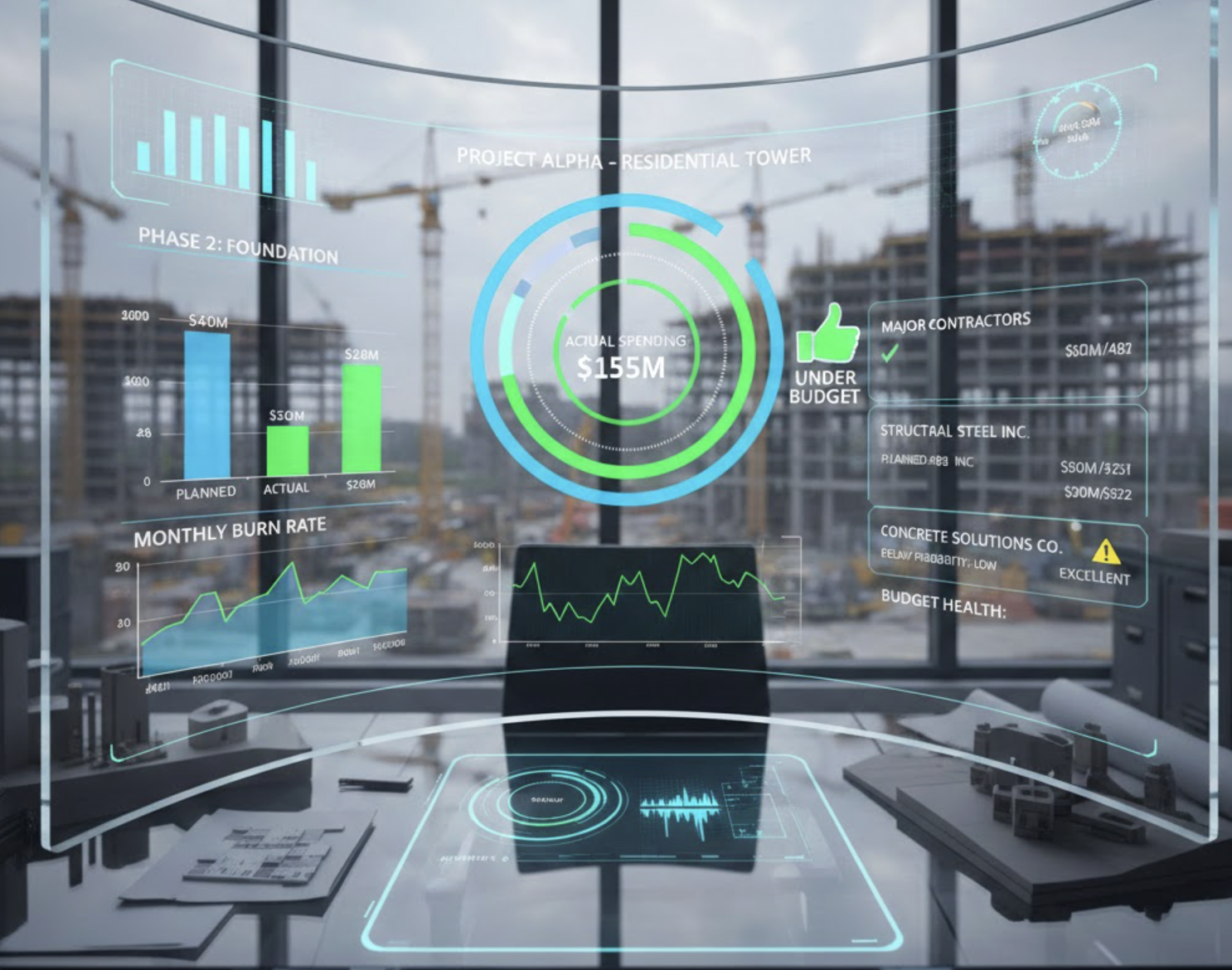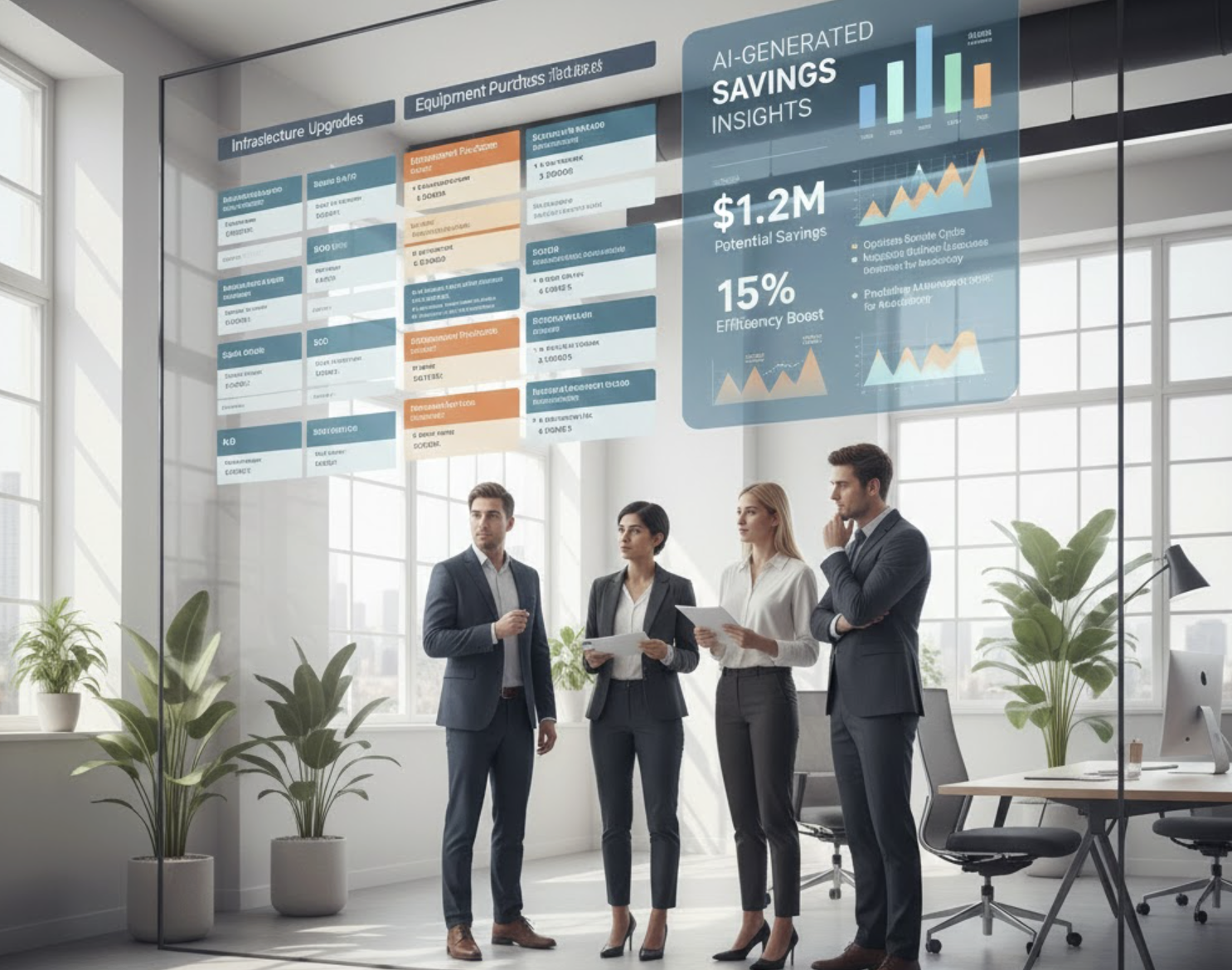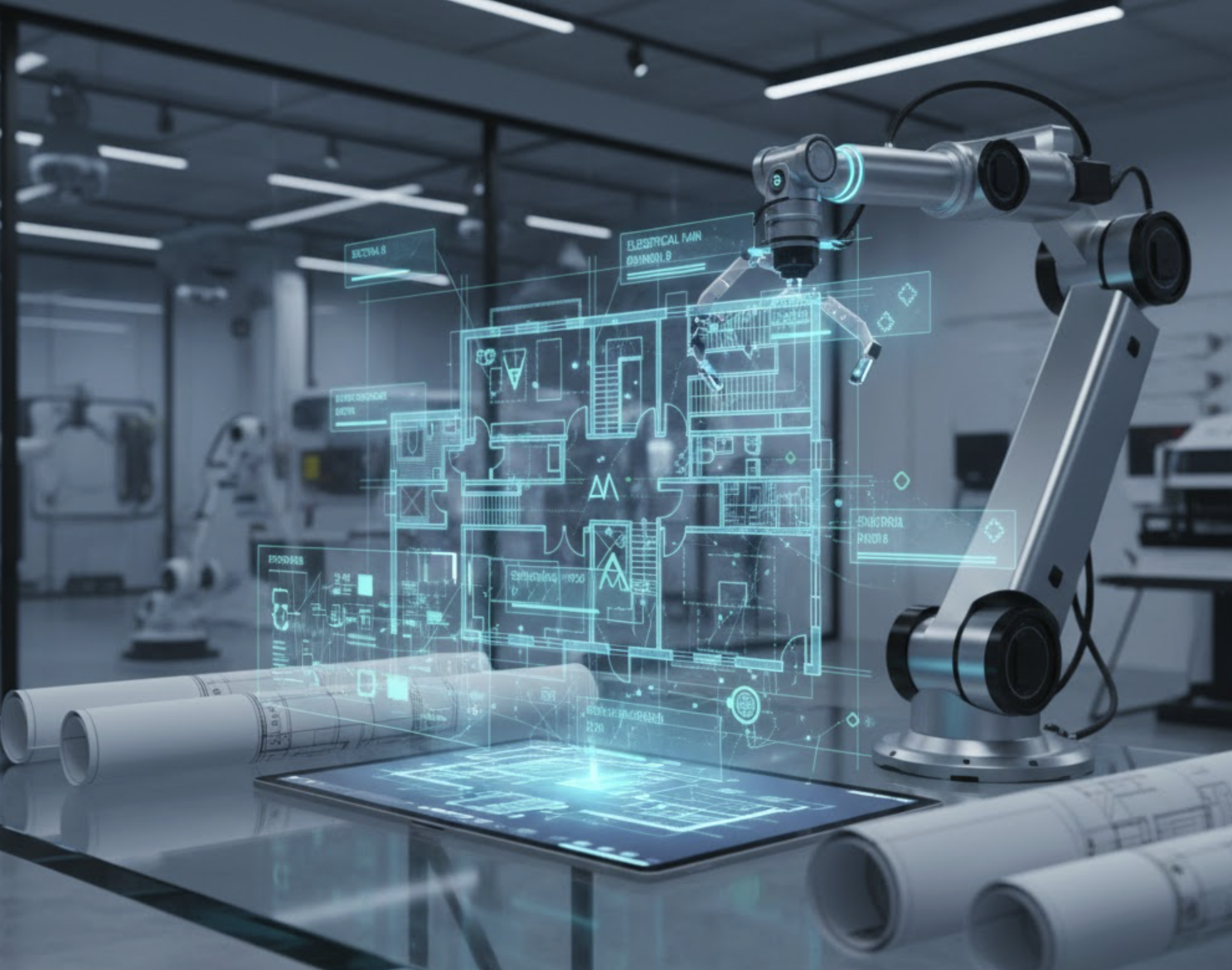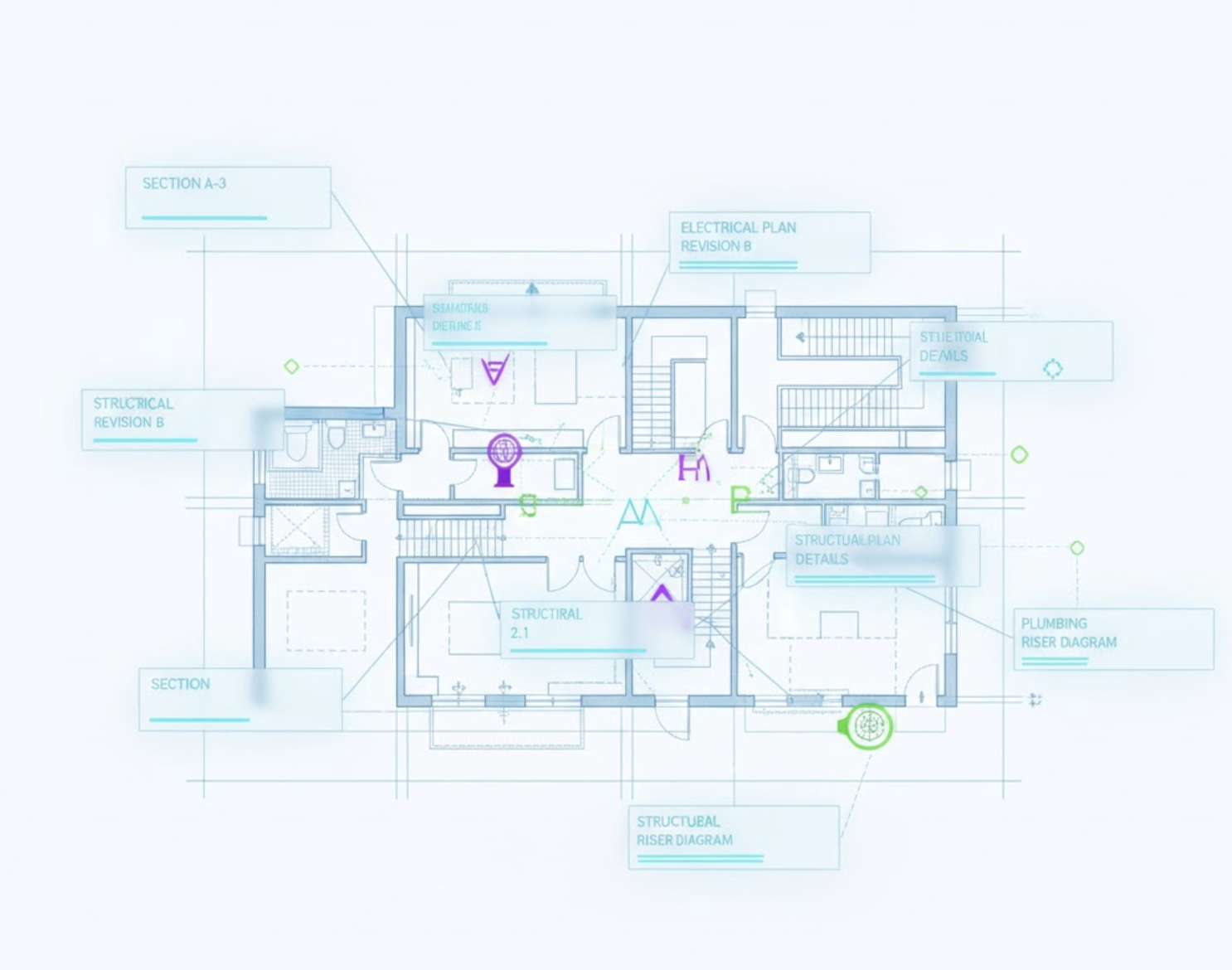AI in Construction Procurement: Real Use Cases from Zepth’s Tender Tracker
In the realm of construction, procurement processes can be complex, time-consuming, and prone to human error. However, with the advent of AI in construction procurement, these traditional hurdles are being transformed into opportunities for efficiency and precision. As a leading construction management platform, Zepth harnesses AI technology to streamline procurement activities, enhancing each step from supplier selection to document management. In this blog, we explore the real use cases of Zepth’s Tender Tracker and the profound impact AI can have on improving procurement efficiency.
The Role of AI in Construction Procurement
AI utilizes machine learning, data analytics, and automation to revolutionize construction procurement. Traditional methods of supplier selection and bid evaluation often involve laborious manual processes, which can lead to inconsistencies and errors. With AI-powered project management tools, these activities are not only accelerated but also enhanced in accuracy and fairness. AI’s ability to provide objective analytics and continuous learning leads to better decision-making throughout the procurement lifecycle.
Zepth’s AI-Powered Tender Tracker: Key Features and Use Cases
Automated Bid Review and Evaluation
Zepth revolutionizes the bid evaluation process through its AI capabilities, which allow for automated extraction, comparison, and assessment of bids against predefined or customizable scoring rubrics. This innovative approach dramatically reduces the manual workload and minimizes subjective judgments significantly. Essential features of the Tender Tracker include:
- Side-by-side bid comparisons that simplify the decision-making process.
- Automated flagging of compliance or risk issues to enhance oversight.
- Predictive analytics on vendor performance and win rates for informed choices.
Such advancements in AI Bid Management enable construction professionals to make swift decisions while maintaining high standards of accuracy.
Intelligent Tender Tracking
Zepth’s Tender Tracker provides real-time dashboards that visualize essential elements such as project progress, status updates, bottlenecks, and team performance. Enhanced by automated notifications and reminders, this feature keeps teams aligned. Milestones are easily monitored, ensuring that deadlines are met efficiently. By leveraging intelligent tender tracking functionality, construction teams can navigate the procurement lifecycle with confidence and clarity, ensuring no opportunity is missed.
For deeper insights into effective tender and vendor management, explore this section on Tender & Vendor Management.
Advanced Document & Compliance Management
Keeping procurement documentation accurate and accessible is crucial. Zepth centralizes all procurement documents, allowing AI to manage version control, search functionalities, and audit trails. This centralization supports rapid compliance verification, significantly reducing review times. Natural Language Processing (NLP) engines summarize legal and technical documents, simplifying risk assessments and compliance checks.
Enhanced Collaboration & Transparency
Effective procurement relies heavily on communication. AI-enabled workflows bolster collaboration among owners, contractors, and procurement teams, effectively reducing disputes and miscommunication. By ensuring that all stakeholders have access to a single source of truth, Zepth enables a streamlined procurement experience that fosters transparency throughout the entire process.
Benefits and Impact of AI in Construction Procurement
The integration of AI in construction procurement through tools such as Zepth’s Tender Tracker comes with numerous advantages:
- Efficiency: AI accelerates bid review cycles, reducing administrative workload by up to 50% in certain deployments. Tender evaluations that used to take weeks can be completed in days.
- Accuracy: Automated compliance checks and standardized evaluation criteria enhance selection consistency, resulting in up to a 30% reduction in errors and missed risks.
- Competitive Edge: Firms implementing AI-driven tender evaluations experience improved win rates and healthier vendor relationships, not to mention reduced procurement costs.
Use Cases & Best Practices for AI in Procurement
Use Cases
Understanding how to apply AI effectively in procurement can foster innovative practices. Consider these examples:
- Rapid bid evaluation for large-scale projects with hundreds of submissions.
- Compliance audit trails for government contracts or complex public tenders.
- Intelligent prequalification of vendors and continuous performance tracking.
Best Practices
To maximize AI’s potential in procurement, implement these best practices:
- Standardize data input formats for tenders to heighten AI extraction accuracy.
- Regularly enhance AI algorithms with feedback from each procurement cycle to improve outcome predictions.
- Train teams on utilizing AI-driven analytics dashboards, equipping them for optimal decision-making.
Emerging Innovations in AI for Procurement
As the construction industry embraces the digital transformation, emerging technologies are catalyzing further enhancements:
- Agentic AI: New-generation AI systems that autonomously assess tenders and initiate processes.
- NLP: Delivers rapid summarization of technical documents, fostering swift compliance checks.
- Integration with IoT and Big Data: Enables real-time procurement risk profiles using site, supply chain, and performance data.
Conclusion: How Zepth Empowers Construction Procurement
Ultimately, Zepth’s AI-driven platform empowers construction procurement by streamlining processes and enhancing decision-making capabilities. With tools that fast-track procurement cycles, ensure compliance, and enable data-backed choices, Zepth stands at the forefront of improving procurement efficiency.
Furthermore, Zepth’s solutions foster a collaborative environment essential for effective tendering. By seamlessly integrating procurement with broader construction management activities, Zepth ensures smooth project transitions and better overall outcomes.
Caveats & Limitations
However, embracing AI comes with caveats. For optimal performance, organizations require high-quality data inputs and standardization of processes. The initial investment in training and system integration should also be anticipated. Importantly, even with AI’s capabilities, human oversight remains crucial in complex or sensitive tender evaluations.
In conclusion, understanding the landscape of AI in construction procurement, along with practical applications and Zepth’s innovative tools, paves the way for improved efficiency, transparency, and decision-making in your construction projects.




